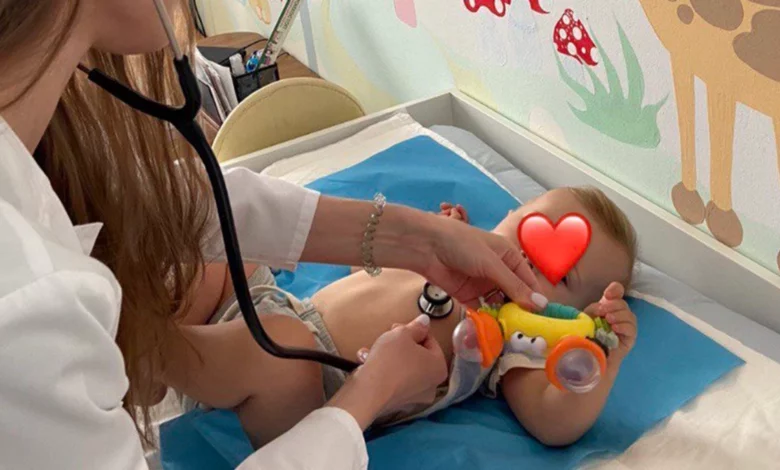
Celiac disease is an autoimmune, genetically determined disease manifested by damage to the intestines due to intolerance to gluten – a protein contained in cereal products (rye, wheat, barley).
Iryna Loshak, a pediatrician and gastroenterologist at the Western Ukrainian Children’s Medical Center, who has been dealing with celiac disease for more than 20 years, said that the disease most often manifests itself at an early age, after the introduction of cereals into the diet. Mostly for 12 months from birth. But erased forms can be found in both older children and adults.
In people with celiac disease, gluten damages the small intestine, so they may experience various symptoms: diarrhea or constipation, weight loss, bloating, decreased appetite, slow growth, rashes.
Some people have no symptoms:
most often in relatives of the first degree of consanguinity, in patients with other immune-mediated diseases – type 1 diabetes, thyroid diseases, selective IgA deficiency and autoimmune liver diseases, Down, Turner, Williams syndromes).
To diagnose celiac disease, you need to perform antibody testing, which is important, before starting a gluten-free diet. In some cases, a fibroscopy with a biopsy of the intestinal mucosa is required.
If the disease is not treated, complications arise:
early – malabsorption syndrome, anemia, coagulopathy, rickets;
late – other autoimmune diseases, liver damage, neurological and psychiatric conditions.
Vita Voloshchuk, a gastroenterologist at ZUSMDC, says that the only treatment method is to completely stop eating products containing gluten. Timely detection of the disease and adherence to a gluten-free diet is a necessary condition for recovery. Patients with celiac disease need to be monitored by a specialist.
Admission to ZUSMDTC is by appointment.
You can choose a convenient time for your visit by calling the registry office during business hours:
Mon–Fri – from 8:00 a.m. to 4:00 p.m.
(032) 270 22 07
(063) 189 70 50
(097) 150 70 53

